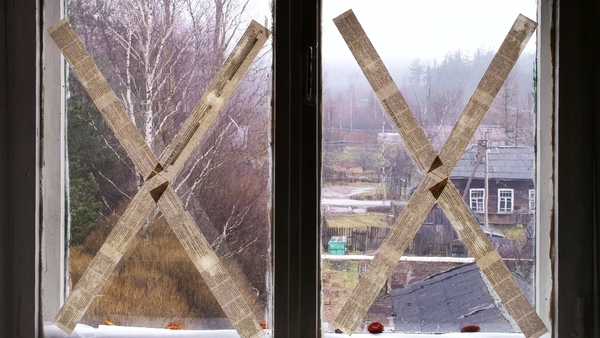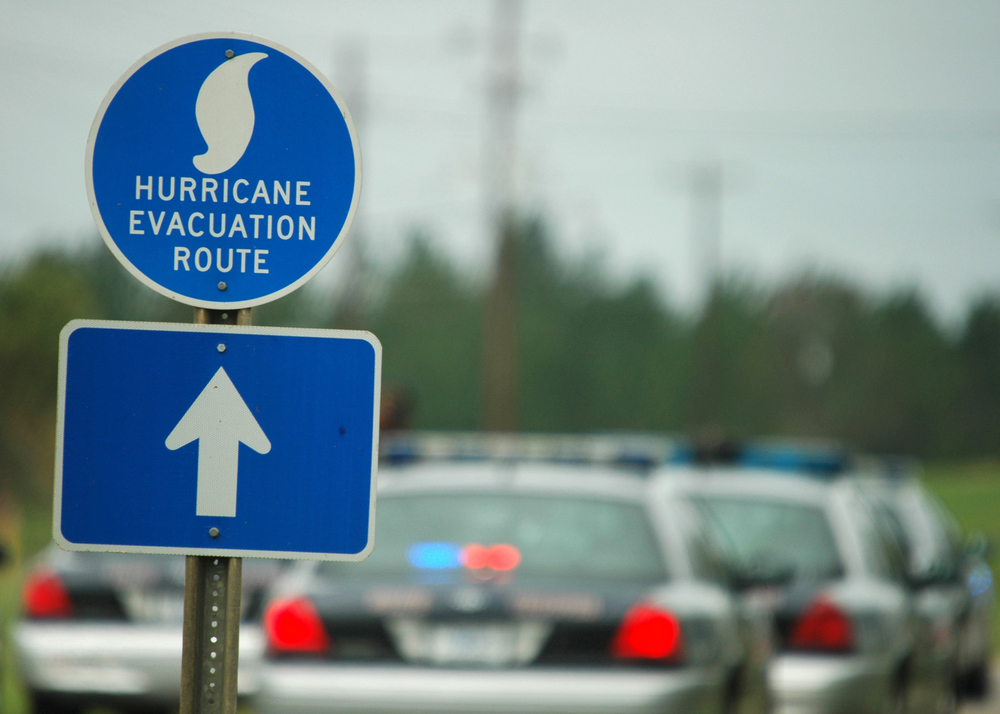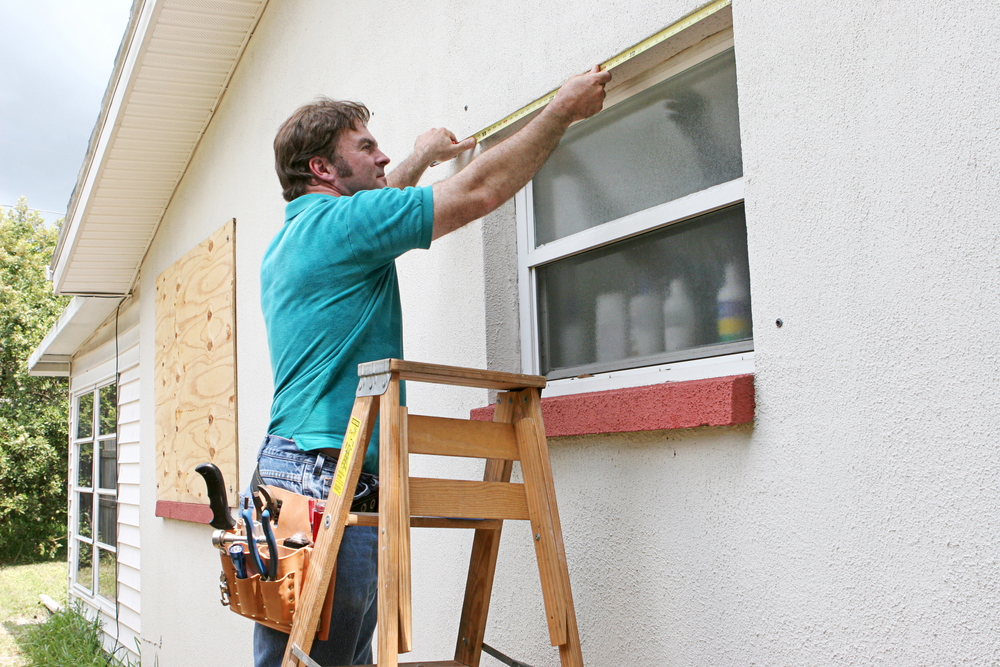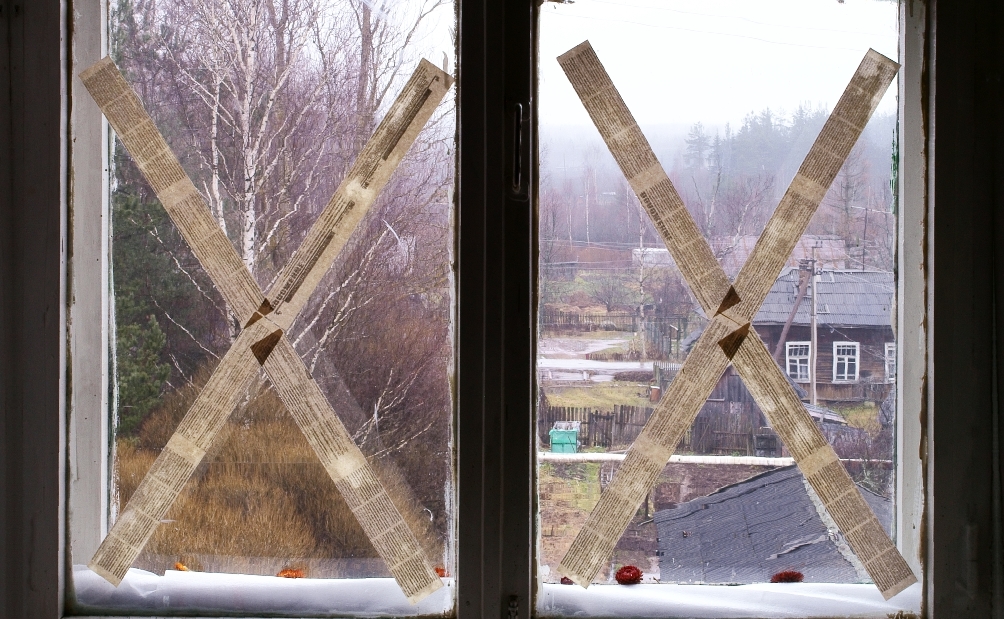Clerical Misconceptions
In workers’ comp insurance the clerical classification is one of
the most widely used codes. When the typical injuries are paper cuts and eye
strain it’s not exactly a risky exposure. Because of this it carries one of the
lowest rates and has strict guidelines in order to qualify.
The term “clerical” can carry different meanings. The
interpretation of clerical can vary from person to person just as a
dictionary’s definition may differ from that of a workers comp bureau. In
workers’ comp the clerical classification is used only for an office clerk;
which as you know, is not the same as a retail, gas station, or garage clerk.
Below are some job duties that are commonly perceived to be in the clerical
office code but typically do not qualify*:
·
Front Desk Clerk
·
Auto Shop Service Writer/
Estimator
·
Cashier (i.e. auto shop,
retail, etc.)
·
Beauty Salon Attendant
·
Host/Hostess
·
Supervisors or
Managers
Qualifying Clerical
Rating bureaus have developed strict guidelines that auditors
must adhere to when assigning the clerical office classification. In doing so
the integrity of the code is maintained along with its low rating. So what does
qualify as clerical? The two main aspects to focus on are where the employee
works and what the employee’s duties are.
Here are the
general guidelines:
Where: Locations
Included
· Work area separated and distinguishable from all other work
areas and hazards of the employer by floors, walls, partitions, counters, or
other physical barriers.
What: Duties Included
·
Creation or maintenance of
financial or other employer records, correspondence, computer programs, files
·
Data entry or word
processing
·
Phone duties including
sales by phone
·
Copy or fax machine
operations (unless the insured is in the business of making copies or faxing
for the public)
·
General office work
similar in nature to the above
Where: Locations
Excluded
·
Work or service areas
·
Areas where inventory is
located
·
Areas where products are
displayed for sale
·
Areas to which the
customer brings a product for payment
·
Physical labor
·
Direct supervision of
non-clerical employees not performed in an eligible site
·
Outside sales or outside
representatives
·
Any work exposed to the
operative hazards of the business such as a stock or tally clerk, which is
necessary, incidental or related to any operation of the business other than a
clerical office
Interchange of Duties
·
In instances where
clerical or drafting employees perform any other duties, the total payroll of
such employees would be assigned to the highest rated classification
representing any part of their work.
We understand how complicated yet important the classification
process can be. A misclassification can have a huge impact on the on a policy premium and can affect your bottom line. If there are ever any questions or concerns with
classifications, payroll, or any other audit issues feel free to contact us at Bob Lancaster Insurance. We can review your policy with you to make sure it is correct.
*Subject to minor variations in state rules
Contact us for all your Insurance needs! (321)725-1620
Bob Lancaster Insurance
Serving Florida since 1964





